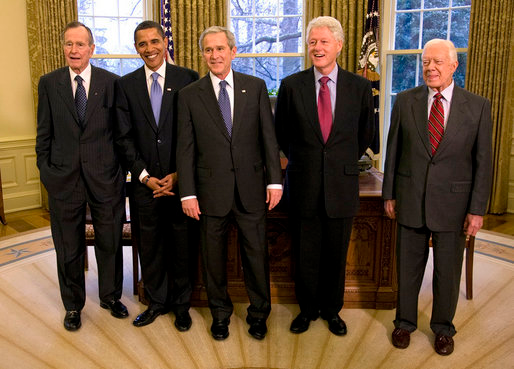Successful CEOs with Learning Disabilities
April 15, 2012 in Daily Bulletin

Dylan Love took a look at 15 CEOs who were successful despite (or perhaps because of) their learning disabilities. Highlights include:
- Richard Branson of Virgin Atlantic has dyslexia and would fail his school’s standardized tests.
- Paul Orfalea founded Kinko’s. He claims that his dyslexia and ADD helped him see the big picture.
- Bram Cohen, the creator of BitTorrent didn’t let his Asperger’s syndrome stop him from transforming the internet.
- Ingvar Kamprad , the founder of IKEA picked Swedish names for his products because his dyslexia meant he had trouble remembering strings of numbers and letters.
To read about how Henry Ford, Bill Hewlett, and Tommy Hilfiger among many others led successful companies, despite their struggles with learning disabilities click here.
Source: Business Insider
Via: Newmark’s Door









Join the Discussion! (No Signup Required)